The snow has melted, I’m packing my coat just in case and I’m slowly cutting down on thick layers, all of which can only mean one thing; it’s the beginning of the sunglasses season.

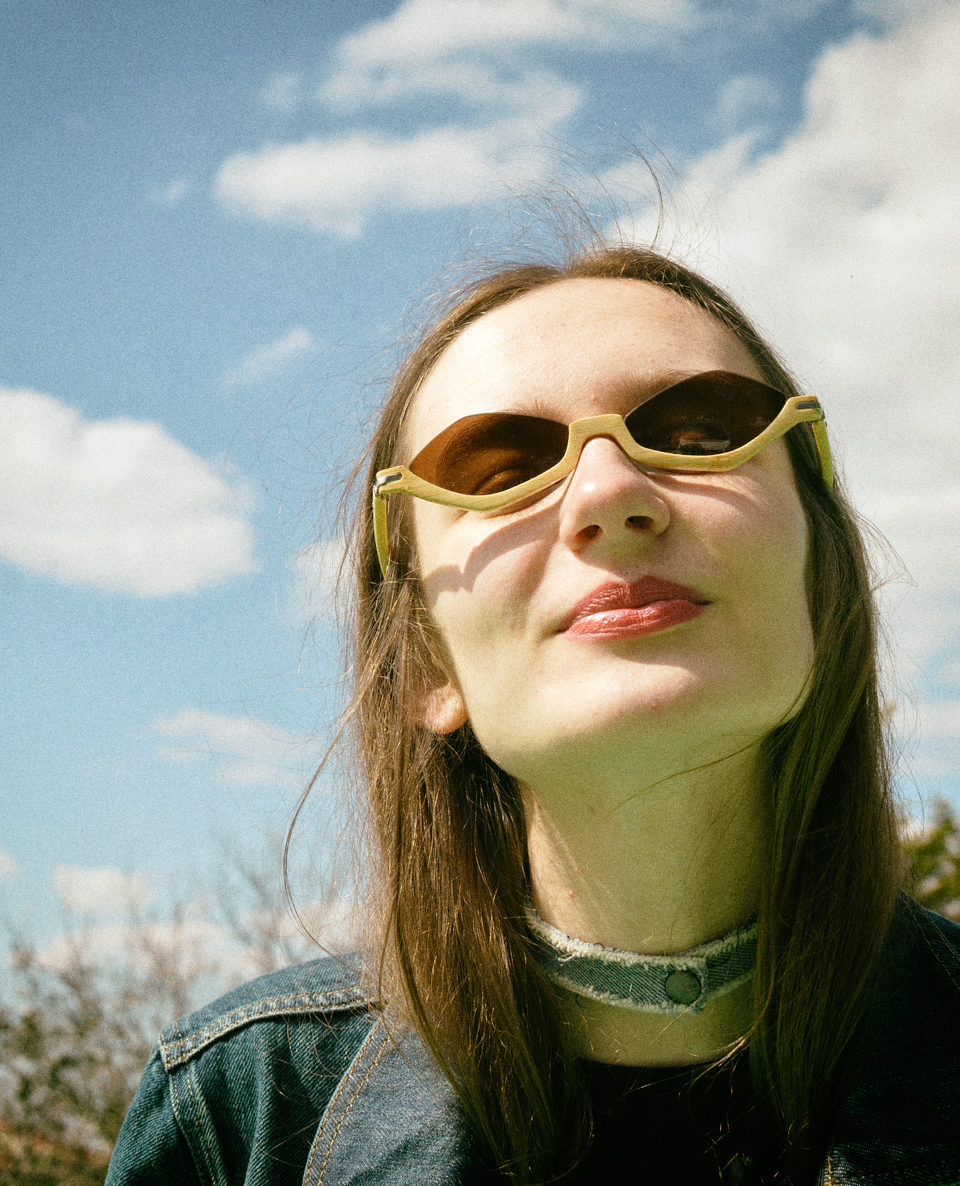
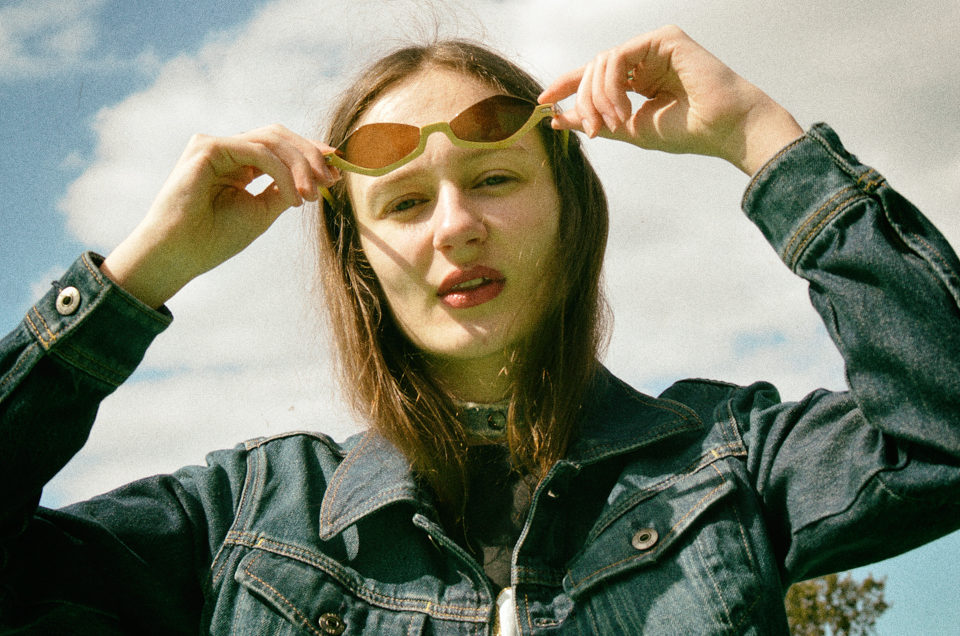
WHAT I WORE: Denim Jacket (G-STAR RAW)* // Super Crop Top (ASOS – Old) // Recycled Denim Choker (Yours Again)* // Carleen Anderson Special Edition Sunglasses £25.00 (Bambooka)*
Although I may not be too up-to-speed with the latest trends (who needs them, right?), it’s fairly clear from a quick look on Instagram that a sharp, killer pair of sunglasses is what a lot of us are pining for right now.
I even picked up on this last summer, when I found a blue-lensed vintage pair in a charity shop (see them styled here) and wore them almost every day until their eventual death (the sound of my foot accidentally crunching on the glass still haunts me).
Since then, I’ve been on the hunt, contemplating whether to just screw my morals and buy a cheap plastic pair or to wait around until I find something more sustainable.
What I didn’t expect to be so drawn to, was a pair made of a natural material – bamboo. Bambooka is the brand behind this striking pair of special edition glasses, inspired by the American singer, Carleen Anderson.
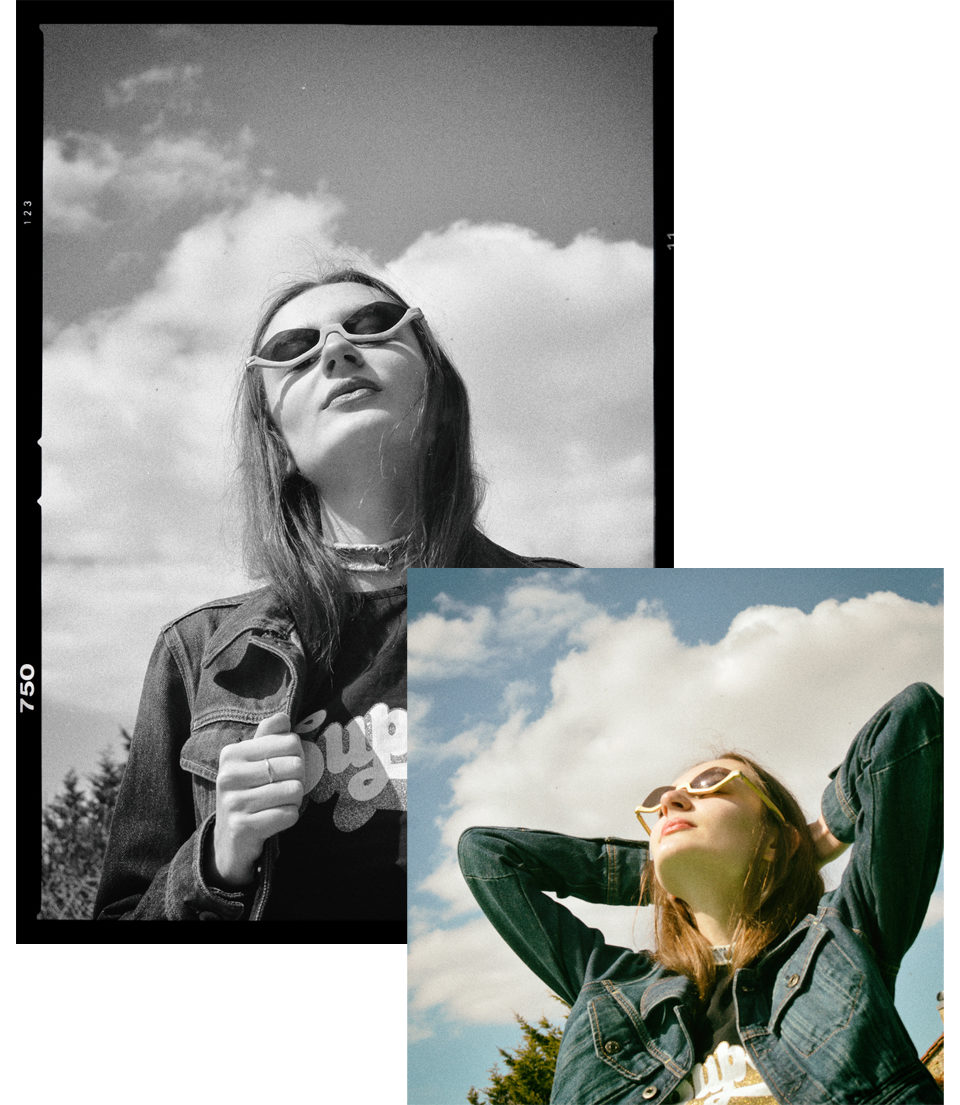
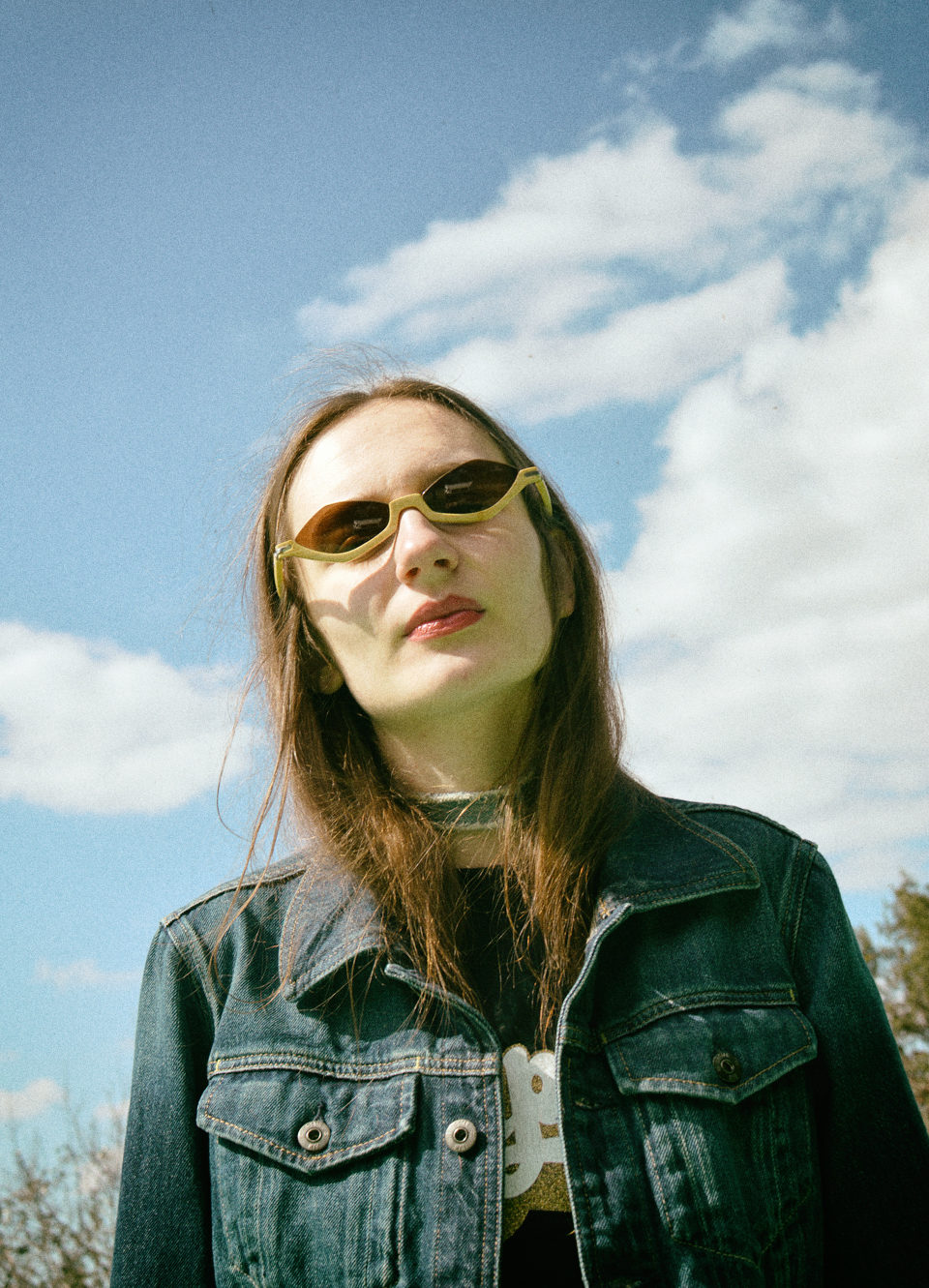
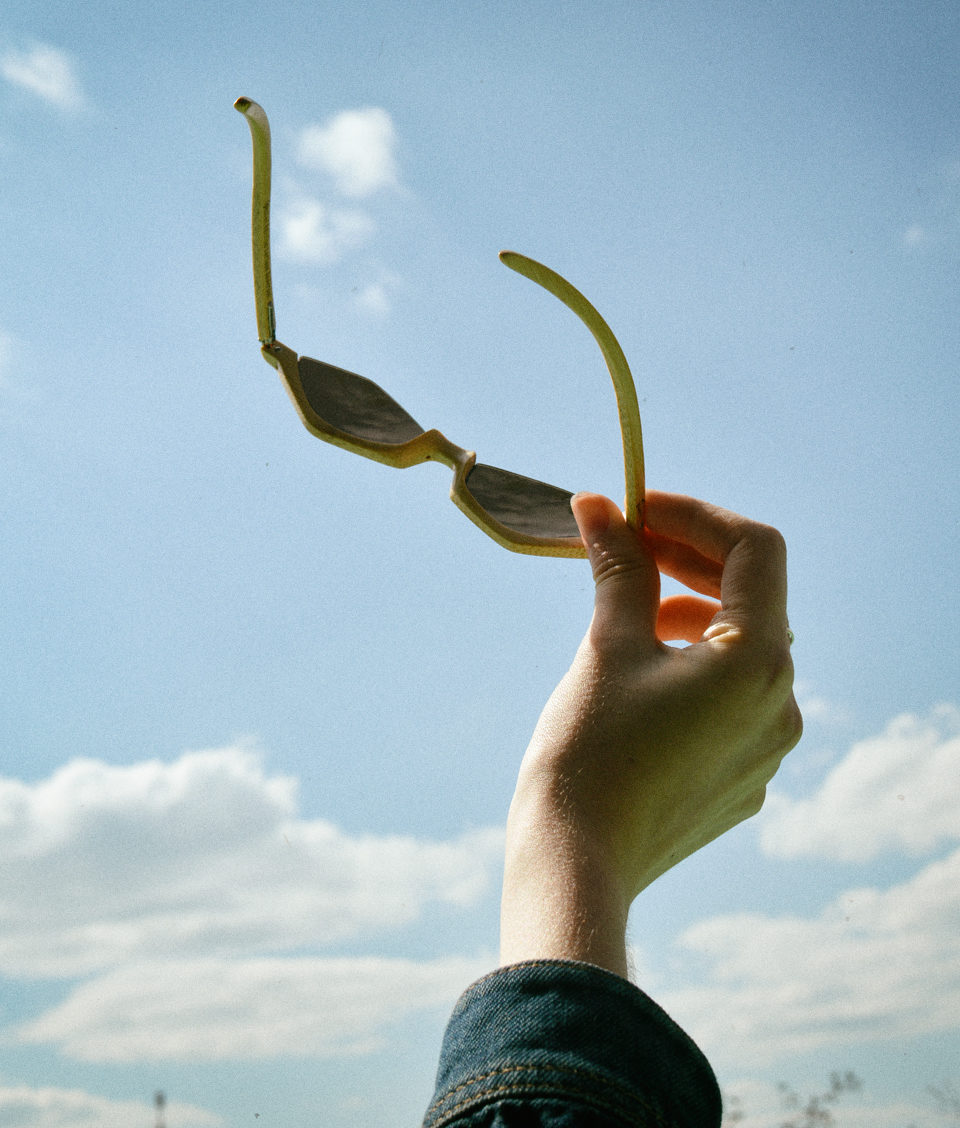
Bambooka is at the forefront of fashion, in a way almost no other brand can be. We’re a progressive, non-profit organisation taking on traditional business practices, traditional fashion trends, and traditional ideas on how we think about charity, all at the same time. We’re also taking on poverty in some of the world’s most deprived societies – and with a growing number of famous faces behind the glasses, we’re going from strength to strength.
When we started Bambooka, bamboo eye-wear simply didn’t exist. We were in awe when we saw them and wore our first pair, and immediately saw it as an opportunity.
Recently, I’ve been thinking a lot about plastic, especially in the many forms in which it works its way into our lives. Not only did these thoughts come from my obvious interest in sustainability but it also came from a documentary I recently watched on Netflix – A Plastic Ocean – which delved into the issues, from how it affects our seas to how even marked-as-safe items like baby bottles, can actually still be extremely harmful.
This led me to thinking about my sunglasses and the fact that every single pair I own – excluding my new Bambooka addition – are made of plastic. Most of us don’t have a real grasp on how that plastic is produced and even more so, how it eventually affects us. I’m unaware of what it’s doing to my body as it sits against my delicate skin in temperatures of up to 40 degrees (104f), in the heat of European summers.
Very simply, wearing a pair made of a natural material, which are equally as stylish as any other I own, just seems like the better, more obvious choice.
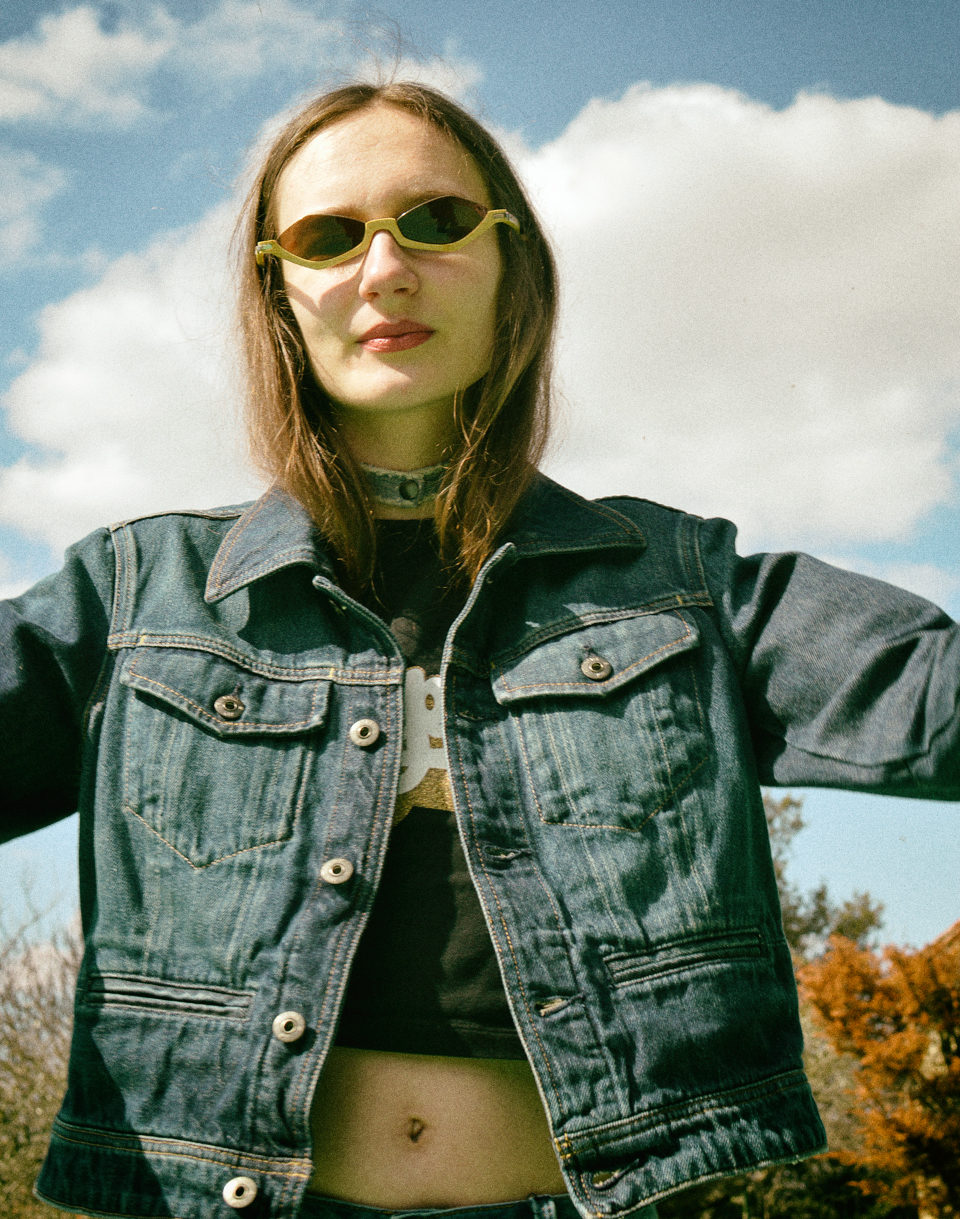
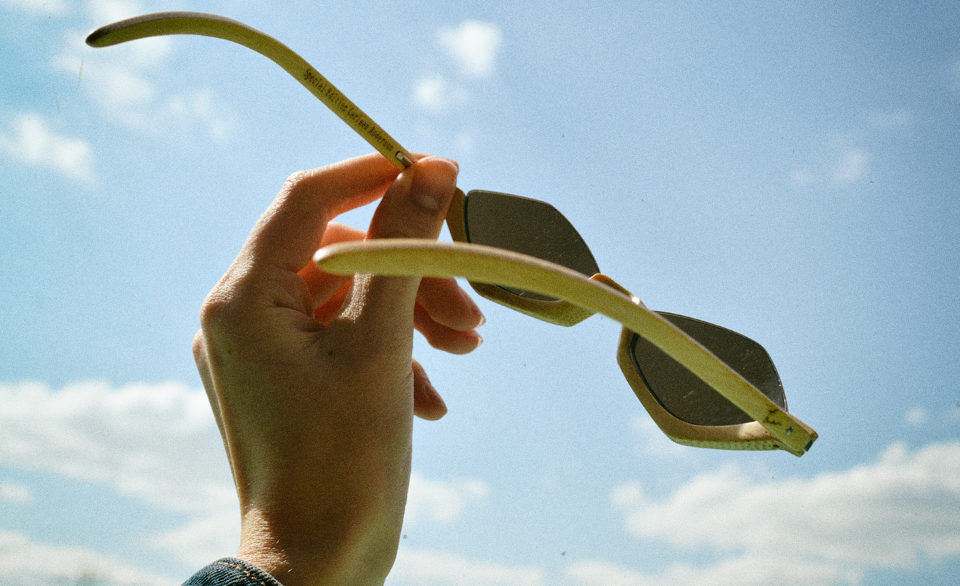
Our sunglasses are made in China. The reason for this is that they are made of giant bamboo, in our case Moso bamboo, aka Mao bamboo or Phyllostachys edulis. Bamboo is technically speaking a grass (and not wood), as such it is hollow.
So unlike wood, from which you can carve any shape from a solid piece, to make something of bamboo, one needs to have sufficient wall thickness in order to have enough “wood” to be able to carve out the shape of a pair of glasses.
This bamboo grows in abundance in the Chinese mountains, and is replaced naturally by phenomenally fast natural re-growth, eliminating any concerns regarding deforestation etc.
Bamboo is sustainable in many ways; it doesn’t require irrigation, it doesn’t need replanting and it can be grown without pesticides or fertilisers, but when it comes to Bambooka specifically, they’re more than just that – they’re also a non-profit brand, supporting charities such as Vision Aid (who are fighting poverty and providing eye care to those in need) and PEPE who help ordinary people in South Africa escape poverty.
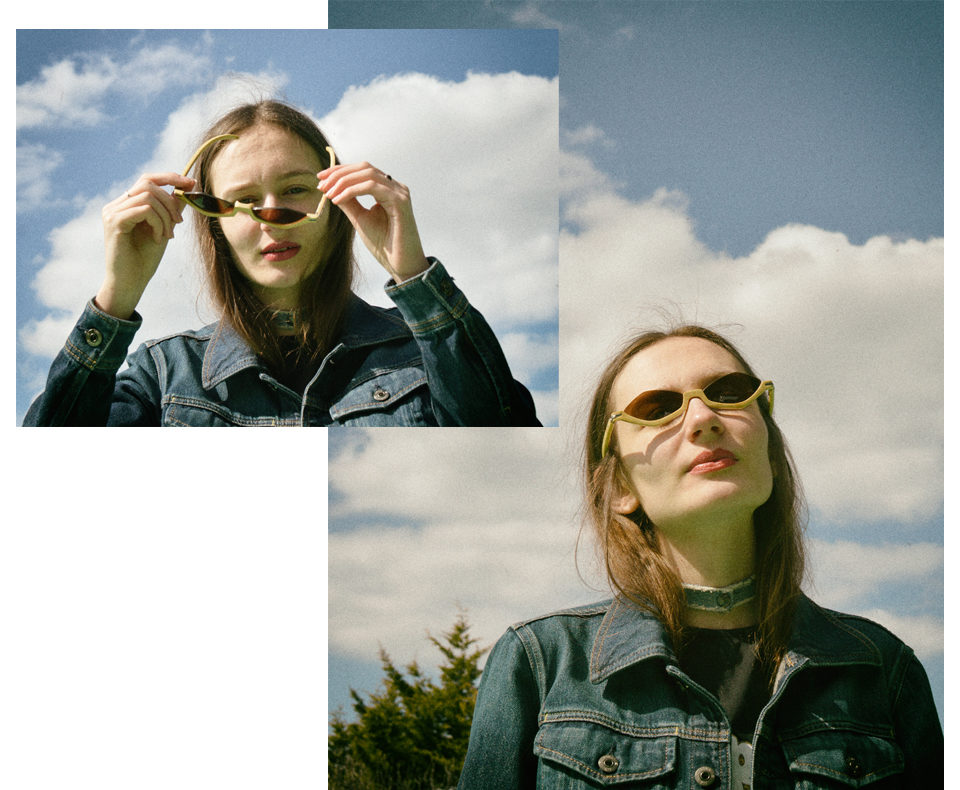
In this day and age it is unacceptable that more than 1 Billion people worldwide can’t see properly, and that 80% of all visual impairment can easily be cured or solved, often with a simple pair of glasses.
As you’d expect, many of these people can be found in Africa. Really, restoring vision is a ‘low hanging fruit’, and eyewear is one obvious route to start solving some of these issues.
So – in answer to the question you never asked but have always been subconsciously curious about; can sunglasses be sustainable and stylish? Yes. Absolutely. And they can do good for others at the same time.
What do you think of bamboo sunglasses? Would you ever buy a pair? Let me know in the comments!
(This post was sponsored by Bambooka, however, all thoughts and opinions are mine. Read my full PR disclaimer here.)








No Comments